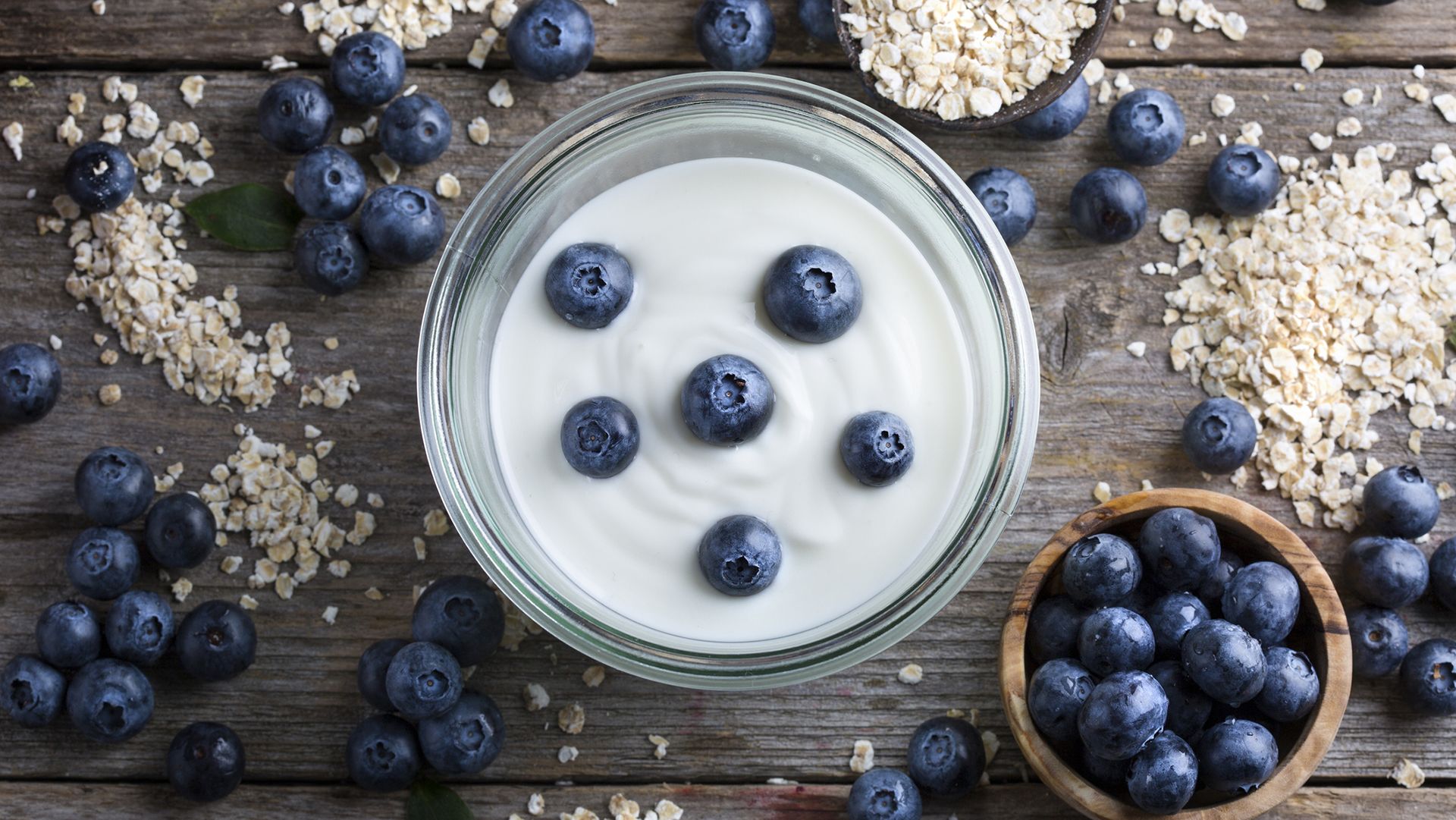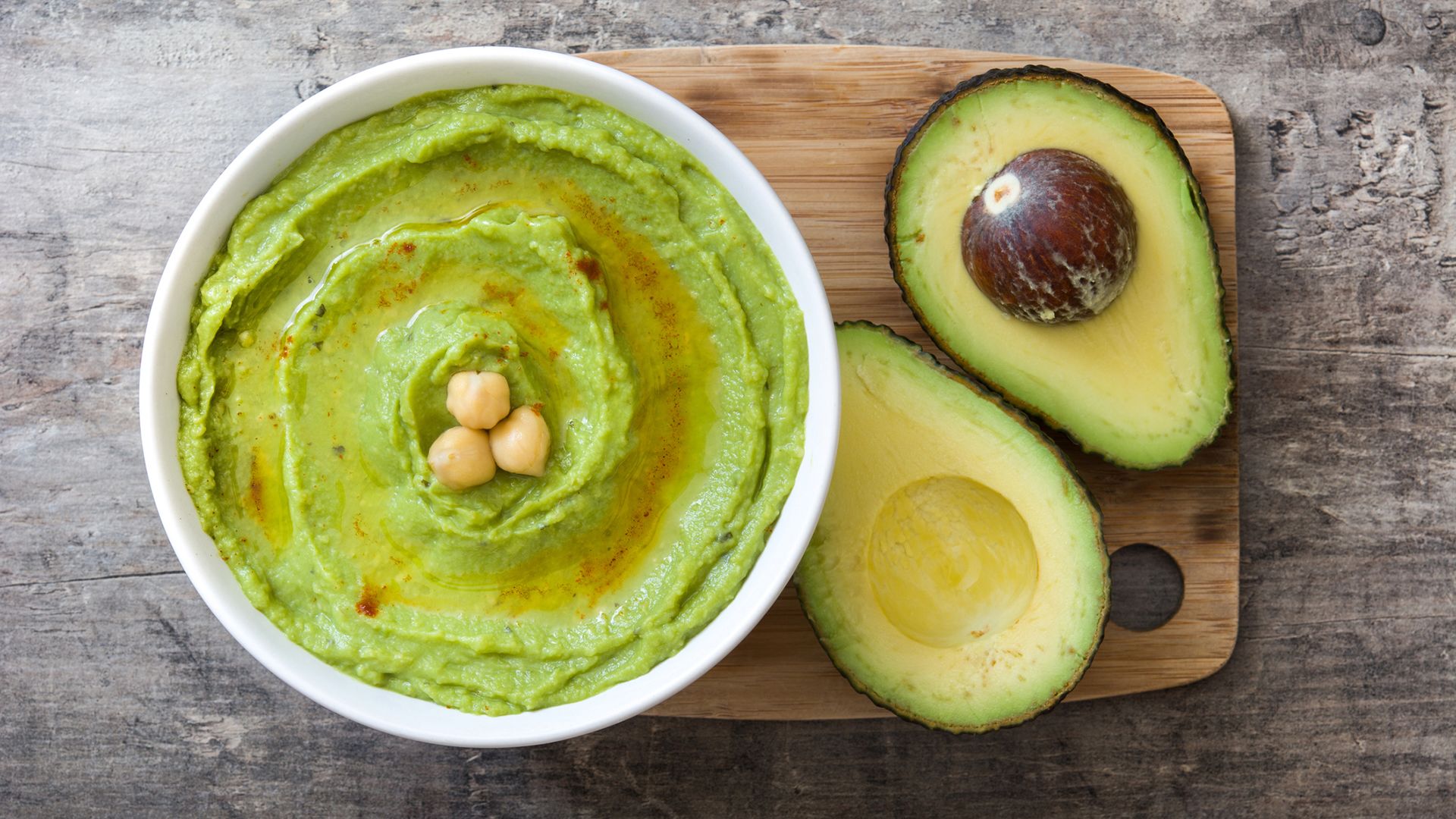Updated on July 10, 2024
Women's hearts are similar to men's hearts in some ways yet different in others, according to cardiovascular experts Marc Gillinov, MD, and Steven Nissen, MD, co-authors of the book Heart 411: The Only Guide to Heart Health You'll Ever Need. That said, "the primary symptom of coronary heart disease (chest pain) and the principal strategies for prevention and treatment (healthy lifestyle, medicine, angioplasty, and surgery) apply equally to women and men," they say.
While chest pain is the most common heart attack symptom for both sexes, Dr. Gillinov and Dr. Nissen note that biological differences exist. The differences are important because they can affect how heart disease shows up in women, how it's diagnosed, and how it's treated.
Here are four key differences you should know:
Women's hearts and arteries are smaller than men's
"Small arteries in women are more than a simple reflection of smaller body size," Gillinov and Nissen explain. The difference is due, in part, to sex hormones: estrogen, progesterone, and testosterone. While male hormones enlarge arteries, female hormones make them smaller. This makes women's arteries more prone to blood clots or plaque blockages and more difficult to repair with angioplasty or bypass surgery.
Smaller blood vessels may also be behind other vascular problems, such as migraines and inflammatory diseases (for example, lupus and rheumatoid arthritis), which affect more women than men.
Plaques that cause heart disease are often different in women
While most heart attacks in men and women are caused by blockages in the arteries, the type of plaque and where it forms may be different in women.
While men with heart disease often have hard (calcified) plaque affecting all three coronary arteries, women with heart disease may have less overall plaque, affecting only one or two arteries. But in women, plaque is more likely to be soft, making it more likely to dislodge—potentially causing a heart attack.
Heart disease without blocked arteries happens more often in women
According to Gillinov and Nissen, 30 percent of women who undergo cardiac catheterization for chest pain or a heart attack have coronary arteries "that look normal." Their heart disease is thought to be caused by low blood flow to the heart (sometimes called syndrome X), which doctors have yet to fully understand but think may be due to problems with smaller arteries in the heart.
"This means that we need to think beyond the classic obstructing plaque when treating heart disease in women," Gillinov and Nissen say.
Women's hearts are affected by estrogen
While estrogen is thought to protect younger women's hearts, the drop in estrogen that comes with menopause has the opposite effect, raising risk of heart problems with age.
"The onset of menopause is a time to work with your doctor to develop a heart-healthy plan, including exercise, a low-salt Mediterranean-style diet, and annual checks of blood lipids and blood pressure," Gillinov and Nissen say. Don't accept a higher risk of heart disease just because you hit menopause. Be proactive and reduce your risk.
Young women are at risk, too
While the risk of heart problems may increase with age and the drop in estrogen that occurs with menopause, there are plenty of younger women who have heart problems. And the number of women between the ages of 35 and 54 who are having heart problems—including heart attacks—is increasing.
The takeaway? It's never too early to start thinking about heart health, and talking about it with your healthcare provider.





